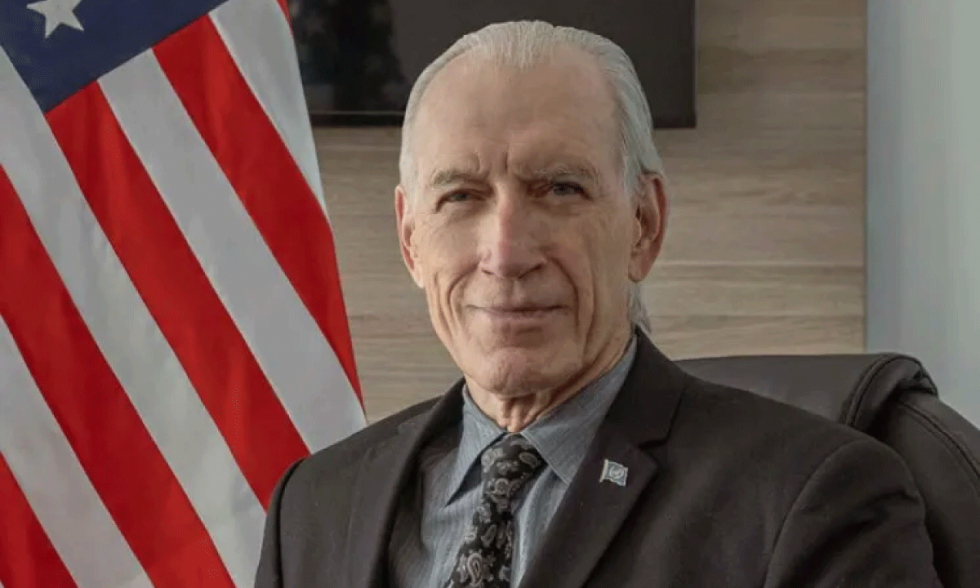Montana State University launches business-focused hospitality degree to meet global tourism demand
Montana’s tourism industry has long been a cornerstone of the state’s economy, attracting millions of visitors drawn to its national parks, outdoor recreation, and cultural heritage. Yet, despite the sector’s steady growth, a shortage of qualified professionals in management and hospitality has created challenges for businesses seeking to expand services while maintaining high standards.
In response, Montana State University (MSU) announced the launch of a new business-focused hospitality degree, aimed at preparing students for leadership roles across the tourism and hospitality industry. The program is designed to combine business administration with practical training in hotel operations, event management, and sustainable practices, reflecting the evolving expectations of global travelers and employers alike.
This initiative positions MSU as one of the few institutions in the region offering a comprehensive approach to hospitality education, addressing both the immediate needs of the local market and the broader trends shaping tourism worldwide.
Two pathways, one mission
The new program will offer two academic pathways: business-oriented hospitality and sustainable hospitality.
The first focuses on traditional areas of hotel and resort management, revenue optimization, guest experience, and food and beverage operations. Students pursuing this track will receive rigorous training in finance, marketing, human resources, and service delivery, with the goal of producing managers capable of navigating a highly competitive and customer-driven industry.
The second pathway emphasizes sustainability, preparing students to integrate environmentally responsible practices into tourism development. This includes courses on sustainable operations, community engagement, and conservation-focused tourism models. With global tourism increasingly scrutinized for its environmental impact, MSU aims to graduate professionals who can lead initiatives that balance profitability with ecological stewardship.
Both tracks are rooted in a philosophy that blends classroom learning with hands-on experience, facilitated through internships and partnerships with hotels, resorts, and tourism operators across Montana.
A sustainability-driven approach
Sustainability is not only a local priority but also a global demand. Destinations worldwide are under pressure to reduce their carbon footprints while maintaining the quality of visitor experiences. In regions like Montana, where the natural environment is both the main attraction and a fragile resource, the importance of sustainable tourism is magnified.
The degree’s sustainable hospitality pathway reflects a growing international consensus: future leaders in tourism must be equipped to implement responsible practices that align with global goals, such as the United Nations’ Sustainable Development Goals (SDGs). Graduates will be encouraged to think beyond profitability and consider long-term ecological and social impacts.
This approach aligns MSU with top hospitality schools worldwide that have integrated sustainability into their curricula, signaling a shift in how the next generation of professionals will be educated.
Meeting workforce demand
According to data shared by MSU, Montana’s tourism industry generates billions of dollars annually and supports thousands of jobs. However, many of these positions remain entry-level, and businesses often struggle to find professionals capable of stepping into mid- and senior-level management roles.
By offering a degree tailored to these needs, MSU seeks to close the workforce gap. Graduates are expected to find opportunities not only within Montana but also in national and international markets, given the transferability of skills in hotel and resort management, destination planning, and event coordination.
The program’s emphasis on business administration further differentiates it from traditional hospitality degrees. Students will acquire competencies that allow them to pursue careers beyond tourism, including entrepreneurship and management roles in related industries.
Global implications for hospitality education
While MSU’s program is rooted in the needs of Montana, its relevance extends far beyond the state. The tourism sector is projected to remain one of the world’s fastest-growing industries, fueled by rising disposable incomes, technological innovation, and a global demand for experiences. Yet, the industry faces persistent challenges, including labor shortages, digital disruption, and the environmental costs of mass tourism.
By integrating sustainability, practical training, and business fundamentals, MSU’s new degree mirrors the direction of global hospitality education. Institutions from Europe to Asia are similarly adjusting their curricula to prepare students for an industry that must balance rapid growth with responsibility.
As such, Montana State University is contributing to a broader conversation about how higher education can remain relevant in the face of shifting labor markets and environmental pressures.
Looking ahead
The launch of the business-focused hospitality degree represents more than an academic milestone for Montana State University. It underscores the growing recognition that tourism is not just a regional opportunity but a global challenge requiring well-trained professionals.
If successful, the program could become a blueprint for other universities in rural or tourism-heavy regions seeking to align higher education with workforce and sustainability goals. For students, it offers a chance to enter one of the world’s most dynamic industries with skills that are both practical and globally relevant.
In bridging academia and industry, MSU positions itself as a key contributor to shaping the future of hospitality—an industry that must evolve to remain resilient, sustainable, and globally competitive.
Source: Montana State University
Related Articles
Todos los derechos reservados




Comentarios